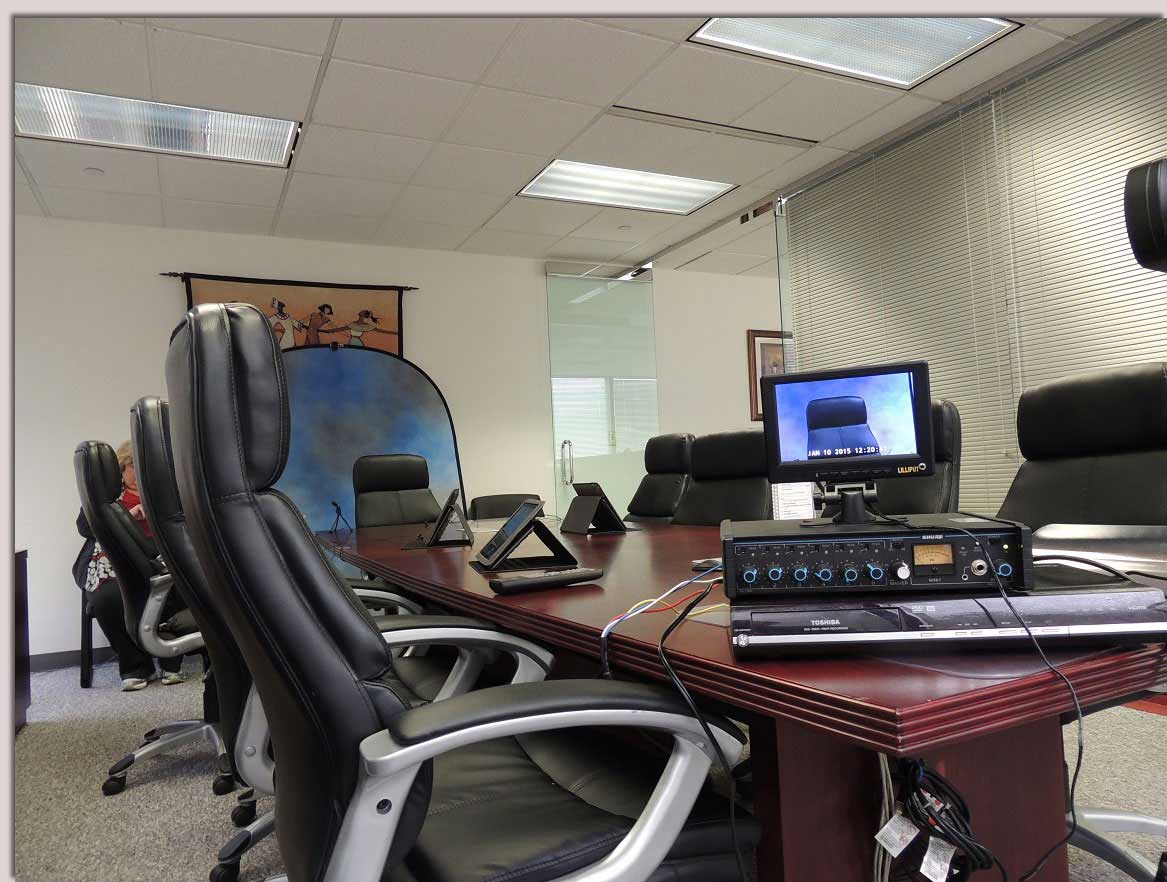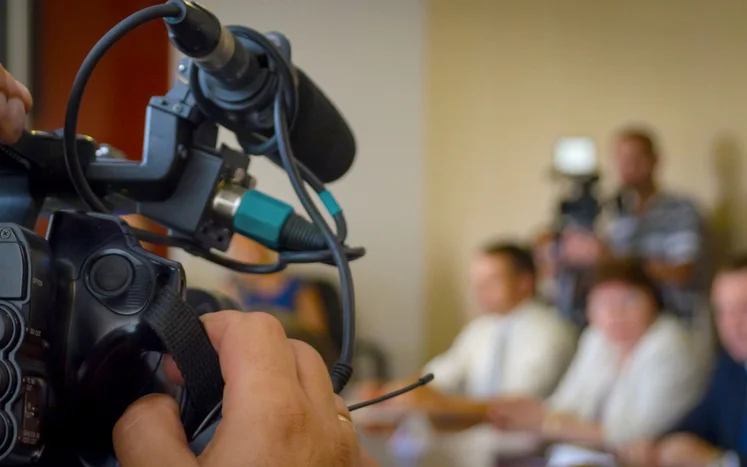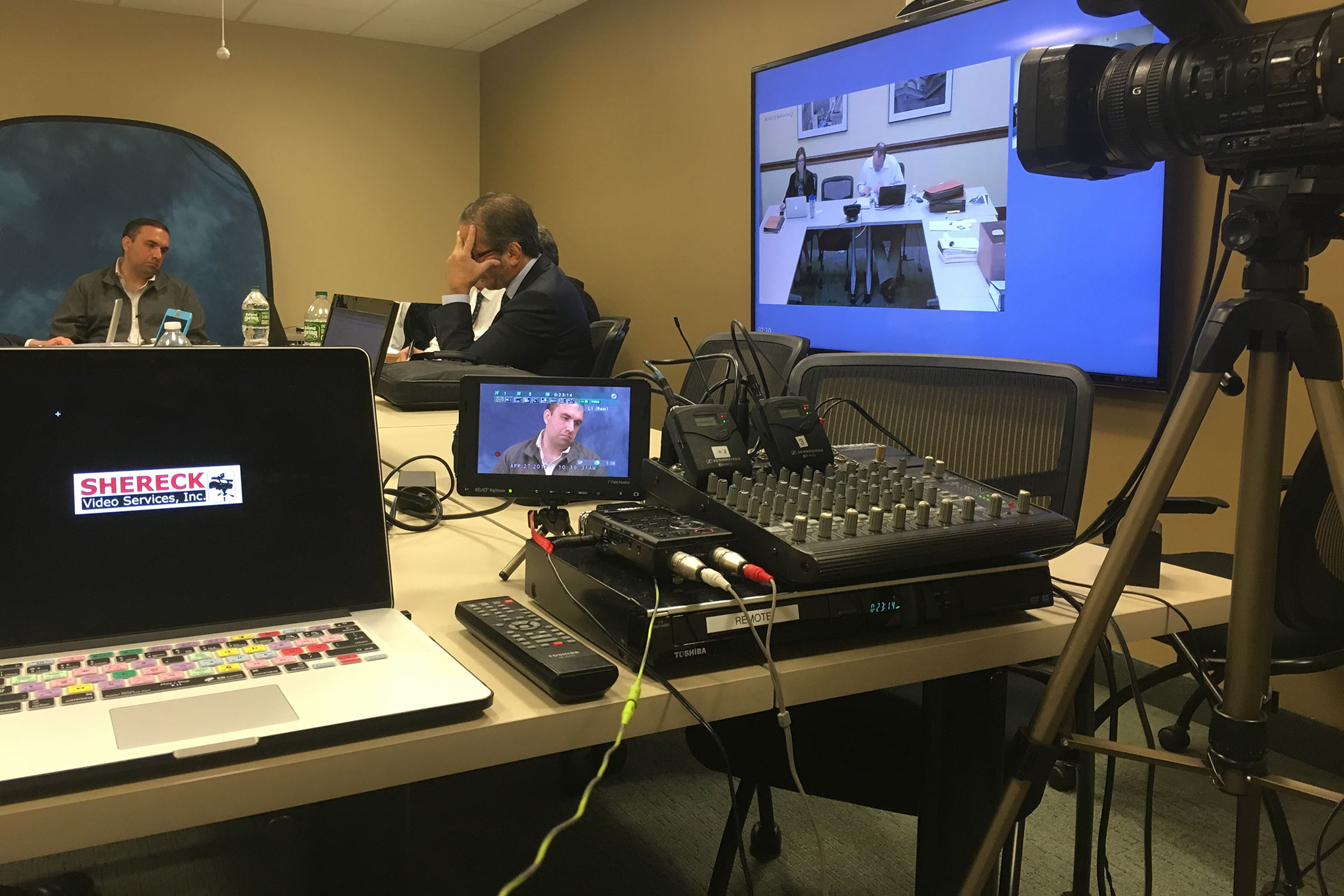The Duty of Legal Videography in Depositions and Trials
Lawful videography has emerged as a vital device in both depositions and tests, supplying a diverse technique to recording witness statements. By catching not just the spoken word yet likewise the subtleties of non-verbal interaction, this medium boosts the integrity of testaments and protects essential proof for future process. As lawful specialists progressively identify its worth, it triggers a deeper evaluation of how these visual records can affect juror understandings and test end results. What ramifications might these advancements hold for the future of lawful method?
Significance of Lawful Videography
Lawful videography plays a pivotal function in the paperwork and presentation of depositions and trials. This specialized area combines technical skills with lawful knowledge to develop a reputable document of procedures that can significantly influence situation end results. The visual element of legal videography boosts the understanding of witness testimony, enabling jurors and courts to observe not just the spoken words however likewise the demeanor, feelings, and body language of the witnesses.

The value of lawful videography extends beyond the court; it likewise plays a vital duty in protecting proof for future recommendation, whether for allures or additional lawsuit. As such, its integration into the lawful procedure is necessary for making sure a reasonable and exact depiction of the facts, inevitably adding to the pursuit of justice.

Process of Legal Videography
While capturing the nuances of depositions and trials, the procedure of lawful videography involves several essential steps that guarantee high-quality, accurate recordings. A specialist legal videographer prepares by assessing the instance materials and understanding the particular needs of the deposition or trial. This prep work consists of familiarizing themselves with the participants and the context, which aids in recording significant details.
On the day of the recording, the videographer establishes the essential devices, which usually includes high-def cameras, microphones, and proper illumination. Making certain optimum angles and sound quality is essential, as it straight affects the efficiency of the recording. The videographer connects with attorneys and participants to develop methods, ensuring that everyone recognizes the recording process.
During the deposition or trial, the videographer diligently tape-records the process, paying close interest to both spoken and non-verbal cues. legal videography. This consists of catching the behavior and reactions of witnesses and attorneys. After the session concludes, the videographer may edit the video footage for clearness and compliance with legal standards, creating an end product that properly reflects the proceedings for future reference and usage in legal contexts
Benefits in Depositions
The unification of videography in depositions provides various advantages that enhance the general procedure of gathering evidence. One key advantage is the ability to catch witness testaments with aesthetic and auditory fidelity, providing a more exact depiction of the witness's attitude, tone, and body movement. This multidimensional method allows lawyers and courts to assess credibility a lot more properly than traditional written records alone.
Furthermore, videographed depositions function as an effective tool for preserving testimony. Ought to a witness ended up being not available for test, their tape-recorded deposition can be played in court, guaranteeing that their proof remains obtainable and pertinent. This facet significantly reduces the risk of shedding important info that could impact instance outcomes.
In addition, the usage of legal videography promotes much better preparation for attorneys. Examining video clip footage allows legal teams to analyze and refine their approaches, recognizing toughness and weaknesses in their situations. This primary advantage can lead to more compelling presentations in court.
Lastly, videography enhances the general professionalism of the deposition procedure, instilling confidence in clients concerning the thoroughness of their legal depiction. By leveraging modern technology, lawful experts can significantly boost the effectiveness of depositions.
Influence on Trials
In lots of tests, the integration of videography can considerably affect the discussion of evidence and the court's understanding. Lawful videography captures witness testimonies and critical evidence in a vibrant layout, permitting jurors to involve with the material on multiple levels. This aesthetic part improves the storytelling aspect of a test, providing context and psychological vibration that conventional text-based proof might do not have.
Moreover, video recordings can work as powerful tools for impeachment throughout interrogation. When disparities occur in between a witness's prior statements and their court testament, video evidence supplies an unbiased reference that can guide jurors' opinions. This immediacy and clearness can bolster the reputation of an event's narrative while all at once threatening opposing debates.
In addition, using videography can help enhance complicated details, making it a lot more easily accessible to jurors who might go to this website have a hard time to grasp detailed details presented only via spoken testimony. By integrating visuals with auditory information, legal videography can improve retention and understanding, eventually affecting the court's decision-making process. Therefore, the effect of videography in tests extends beyond plain aesthetics; it plays a critical function in shaping the lawful landscape and outcomes.
Future Trends in Legal Videography
As we look toward the future of lawful videography, numerous emerging fads promise to improve its function within the court. One considerable click this pattern is the assimilation of fabricated intelligence (AI) in video clip evaluation and editing and enhancing - legal videography. AI can improve the procedure of recognizing crucial moments in videotaped depositions, allowing lawyers to promptly access relevant content, therefore improving performance in case prep work
In addition, the increase of digital fact (VIRTUAL REALITY) and augmented reality (AR) innovations is expected to change exactly how jurors experience proof. By submersing jurors in a simulated atmosphere, these innovations can give a more profound understanding of intricate circumstances, leading to more informed considerations.

Furthermore, the boosting need for remote depositions, sped up by the COVID-19 pandemic, will likely continue. Lawful videographers will certainly require to adjust to brand-new software and systems to make certain high-quality recordings in virtual settings.
Last but not least, the growing emphasis on information safety will certainly require stricter methods for keeping and sharing video evidence. As the legal landscape evolves, legal videographers have to stay abreast of these fads to preserve their significance and his explanation efficiency in the judicial procedure.

Final Thought
In summary, lawful videography serves an important function in the judicial procedure, enhancing the honesty of depositions and trials. As innovation proceeds to develop, legal videography is positioned to further change its function within the lawful landscape.